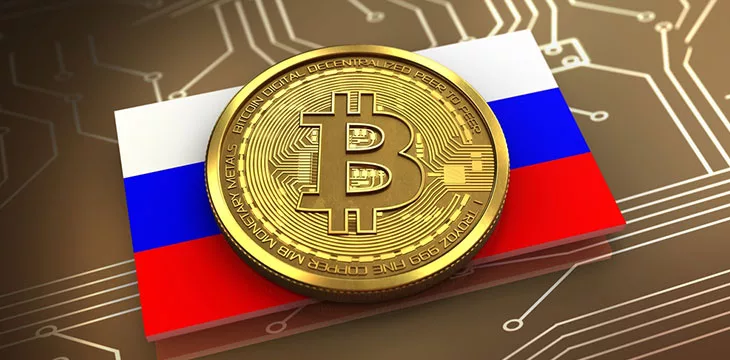|
Getting your Trinity Audio player ready...
|
The Russian government will have oversight over all the country’s block reward mining farms if a recently proposed bill is passed. The bill requires all the country’s data centers to report all their activities to the government, and this includes mining farms.
Published by the Ministry of Digital Development, Communications and Mass Media, the proposed bill seeks to finally police the country’s data centers. It describes data centers as an establishment that hosts hardware providing storage, processing and access to data, “with guaranteed levels of accessibility, security and management.”
These centers will be obliged to report to the Roskomnadzor, the federal agency that supervises communications and mass media in Russia. Roskomnadzor is known for issuing bans and censoring internet content as it recently did with digital currency websites.
Data centers will have to let the agency in on their operations, including their computing capacity, data storage, services provided, their physical locations, connection to the national electricity grid, cost of running the operation and more.
The Ministry is currently inviting public feedback regarding the bill.
Russians are divided on the new bill. Those who support it believe that it will bring compliance into the industry. Igor Runets, the CEO of Siberian mining firm BitRiver, believes that for compliant mining farms, the proposed bill won’t pose any challenge.
#Russia continues to make changes to its regulatory framework to include and support #bitcoinmining #datacenters ✌💪🚀
These new regulations may require fully compliant mining sites like @BitRiverMining to submit regular reports.
Read on to learn more, h/t @baidakova @CoinDesk https://t.co/phRLRu5Oyy— Igor Runets (@IgorRunets) August 31, 2020
However, he sees no need to include the commercial information by the miners, terming it ‘redundant’.
For Artem Kozlyuk, the founder of digital rights protection organization RosKomSvoboda, such obligations could lead to unintended security lapses. Kozlyuk was quoted by CoinDesk saying that the proposed move to gather such data in a single point as it could be easily exploited by hackers, compromising several data centers.
He stated, “It can attract attention of people from the [foreign] intelligence services to criminal actors. We all know how easily the data has been leaked from the government agencies over the recent years. Centralization of the sensitive information like this is an opening for illegal access.”

 09-17-2025
09-17-2025 





